The Peril of Premature Judgment
Three years ago, a cinematic experience profoundly impacted me – the film “Caught in the Web.” This movie, notably bringing lead actors Gao Yuanyuan and Zhao Youting together, illuminated a powerful and tragic lesson about the dangers of snap judgments.
The narrative centered on a female protagonist who, having just received a devastating cancer diagnosis, was immersed in a profound state of emotional and physical exhaustion. On her bus ride home, cloaked by sunglasses to shield her palpable despair and agony from the world, she was entirely oblivious to her surroundings, including an elderly person standing in front of her. Consequently, she did not offer her seat. This seemingly innocuous omission quickly spiraled outwards, igniting a heated discussion among co-passengers. As the incident became public, fueled by sensationalist media and an ever-eager public opinion, the torrent of condemnation grew insurmountable. Drowned by an unforgiving wave of moralistic outrage, the female lead tragically took her own life.

What the public, and indeed the initial onlookers, saw was merely a fragment of reality: a young woman failing to yield her seat. They lacked the crucial, underlying context – the private battle she was fighting, the life-altering news she had just received. Had this context been known, I believe compassion and understanding would have replaced swift condemnation. Yet, the individual, struggling with her own insurmountable grief, could not possibly disseminate her circumstances to every single observer. Instead, moral judgment descended rapidly and unforgivingly, branding her as impolite, uncivilized, and morally depraved. Our collective, instantaneous outburst, cloaked in self-righteousness, transformed into an invisible yet lethally sharp blade, claiming an innocent life.
Such instances of impulsive and ill-informed judgment are not isolated events; they occur every moment, in every corner of the world, reminding us of the urgent need for empathy and critical thinking before forming conclusions.
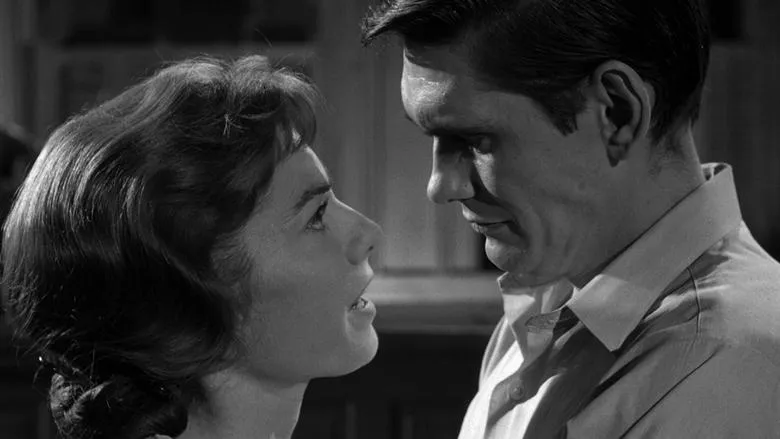
The Illusions of Superficial Observation
This propensity for hasty evaluation extends far beyond dramatic cinematic scenarios, permeating our everyday social interactions. Not long ago, I attended a class reunion – a rare opportunity to Reconnect with old friends after many years. There was palpable excitement as everyone caught up, reminiscing about shared memories and updating each other on their lives. One particular female classmate, however, made a rather theatrical entrance, reminiscent of Dong Jie’s memorable, surprise appearance playing the guitar in “Tiger Mom” – emerging from behind a screen in a striking, strapless dress. While arguably a touch affected, her youthful exuberance and unique spirit certainly distinguished her from the majority of us, who perhaps carried more visible signs of the years gone by.
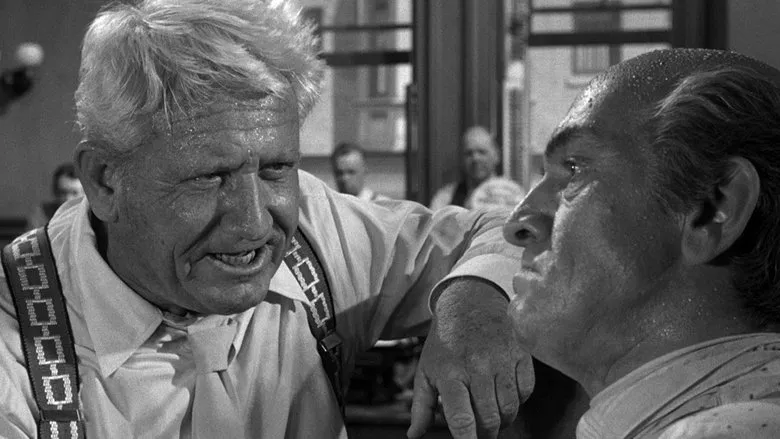
Yet, after an hour or two of polite greetings and general chitchat, once she had departed, the whispers began. “What’s happened to her?” “I genuinely dislike her now.” “She’s so fake.” “I heard that…” The sudden pivot from pleasantries to scathing gossip left me baffled and more than a little disgusted. After more than a decade, each person had undeniably traversed vastly different life paths, encountered unique challenges, and gained varied experiences. How could anyone purport to comprehend another’s past, their complexities, hidden sorrows, or perceived hypocrisy after a mere couple of hours of superficial interaction? To claim such insight felt less like discernment and more like audacious conceit.
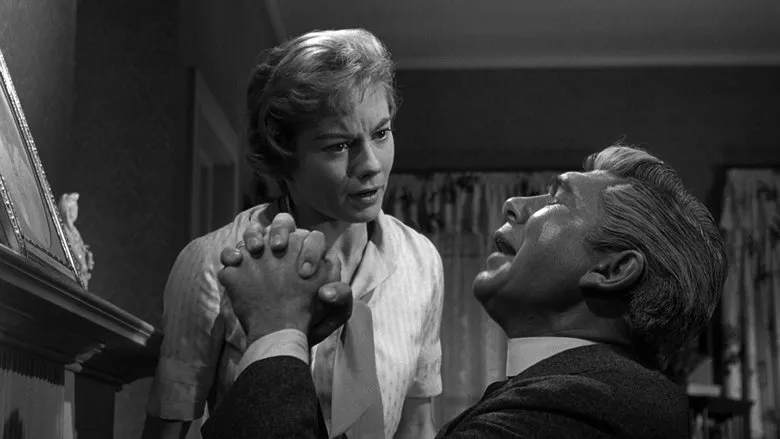
Another recent incident left an even more profound impression on me. I was at a bustling shopping mall when a boy, no older than six or seven, darted past me, seemingly without a care, startling me in his frantic rush through the crowd. His mother was in hot pursuit, finally catching up to him. To my surprise, instead of scolding him, she simply embraced him, repeatedly murmuring, “Good boy, look at all that sweat…” At that moment, many onlookers, myself included, exchanged disapproving glances with the mother, our silent judgment echoing in the air: You’ll surely regret spoiling him like this one day.
Later, while waiting for a table at a nearby restaurant, fate placed me directly beside this same mother and child. Witnessing her continued “indulgence” of his “naughtiness,” my own judgment finally pushed me to interject. “Why don’t you control your child?” I asked, my tone probably bordering on accusatory. The mother turned, stared blankly for a moment, and then to my complete astonishment, burst into tears. Through her sobs, she revealed that her son suffered from a congenital neurological disorder; he was unable to control his movements or even sustain focus on adults’ words. This outing, she explained, was their very first time venturing out in months.
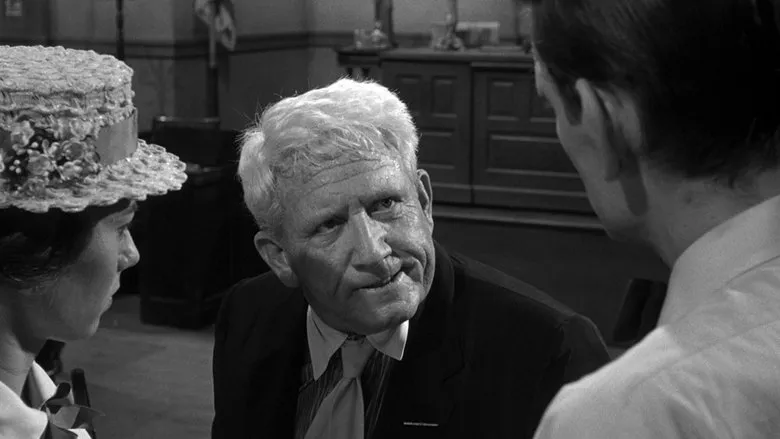
A wave of intense shame and overwhelming guilt washed over me. My immediate regret stemmed from my intrusive questioning and, more acutely, from the casual judgments I had so readily formed. The incident served as a potent, humbling lesson. Since that day, whenever I observe outsiders criticizing strangers’ parenting styles, I consciously bite my tongue, unless I possess a deep, intimate understanding of their unique circumstances. True understanding rarely emerges from a cursory inspection.
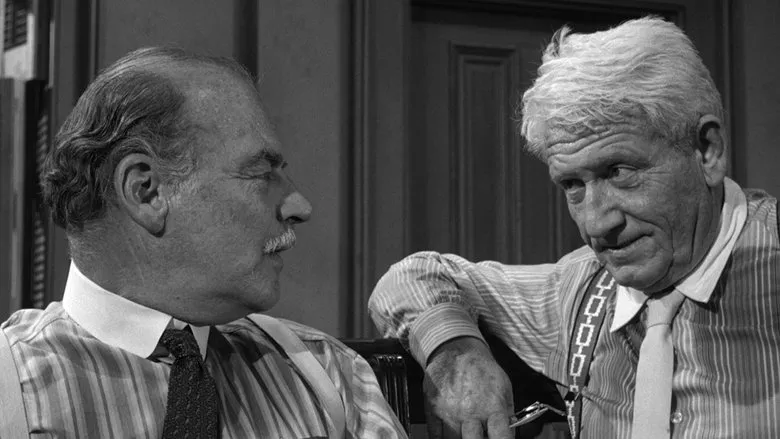
The Virtue of Respectful Distance
From these sobering experiences, I’ve come to deeply appreciate a kind of distance rooted in profound respect and genuine care. When navigating life’s inevitable challenges, the support of family and friends is invaluable. They can offer sage advice, share relevant past experiences, and help illuminate the potential consequences of various choices. However, once an individual has made their decision and acted upon it, the responsibility for the outcome rests squarely with them. Should an error occur, their role transforms from advisors to comforters and teachers, guiding them through the fallout, rather than standing as accusatory judges.
We ought to refrain from judging others primarily because we are fundamentally ill-equipped to do so effectively. Our perception of another person’s life is inherently limited; we only ever witness a minute sliver, never the full 360-degree panorama of their journey. How can we, with such partial information, claim to possess the full scope required for accurate judgment? We cannot judge well, and yet, we persist in doing so, often causing profound harm to others while gaining absolutely nothing beneficial for ourselves. Moreover, if we frequently succumb to the impulse to judge those around us, it becomes near-impossible to face the inevitable judgments of others with equanimity and a peaceful smile.
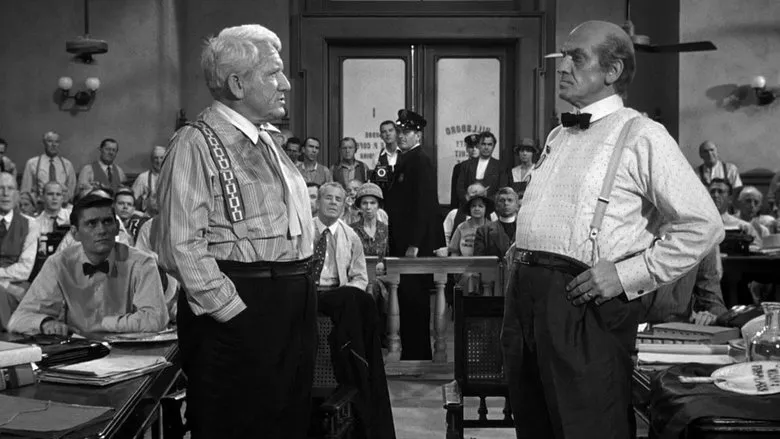
It is crucial to distinguish between offering kind reminders and sincere advice versus casting judgment. The distinction, though sometimes subtle, is clear to those involved. An individual on the receiving end can intuitively feel the warmth and intention behind heartfelt counsel, diametrically opposed to the cold, detached scrutiny of judgment, irrespective of whether they choose to accept the advice or not. The former stems from care; the latter often from ego or ignorance.
The Path to Inner Peace: Focusing on Ourselves
Consider how many individuals inadvertently squander precious moments of their lives fixated on evaluating and judging others. Yet, a transformative realization awaits: when you internalize the fact that you have not been granted the authority to make critical, judgmental evaluations of anyone, you will suddenly discover a profound increase in both energy and time. This newfound capacity can then be channeled effectively into your own endeavors, personal growth, and most likely, the significant improvement of your relationships. Similarly, when you truly grasp that no one else possesses the intrinsic right to make sweeping, judgmental evaluations of you, you will naturally cease to care about the often-misguided “opinions of others,” and life, undoubtedly, will become an immeasurably lighter journey.
It is an undeniable truth that we can never fully comprehend another person’s intricate situation. Even if you believe you’ve experienced something similar, or feel you’ve “seen it all,” remember that another’s current feelings, their motivations, and their choices are the culmination of a deeply complex interplay of family background, educational influences, past experiences, chance encounters, inherent necessity, and decades worth of multifaceted factors. How can any outsider truly fathom their untold hardships, their unspoken pains, their deeply personal struggles? Therefore, as long as an individual has not transgressed legal boundaries, violated universally accepted public morals, or directly infringed upon the legitimate interests of others, the ultimate arbiter of right and wrong is – and should only be – time itself. Time possesses the perspective and impartiality that no human judgment can ever achieve.
So, let us consciously put away those harsh, often reductive adjectives we so readily use to label others. Simultaneously, let us consciously disregard the dismissive adjectives that others may use to describe us. Instead, let us cultivate the ability to embrace and appreciate every single life with an appreciative and open eye. To genuinely practice non-judgment is not an insurmountable task; in fact, it is surprisingly attainable, and its rewards are boundless for both ourselves and those around us.
